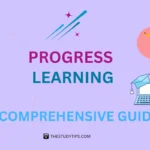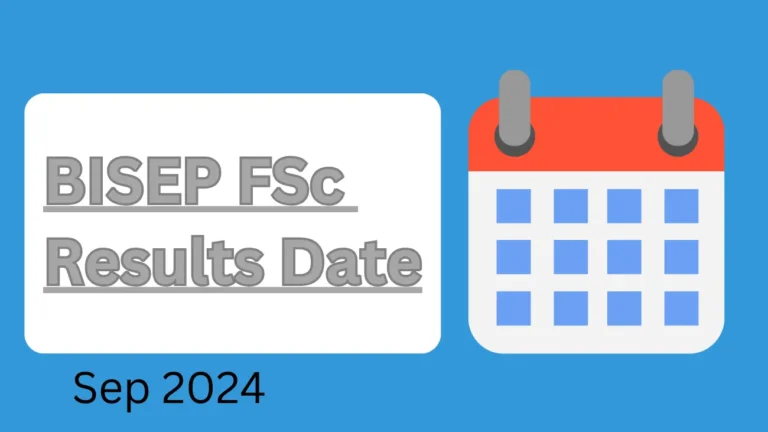Nursing has established a high demand for nurses’ coursework as a result requires discipline to succeed in nursing schools. Studying for nursing is different from studying for any other program; therefore, you should always adopt the right strategies.
This is a broad and diverse area of practice, as nursing incorporates numerous specialties. The prospective nurses have competing interests; surviving tough curriculum. However, with adequate nursing study tips, they will; not only would they survive, but they would thrive.
In this article, seven useful tips on the study are highlighted to enable nursing learners to grasp them. It also comes with 2 extra tips for exams especially in nursing. These tools, in a way, are employed to assist students in achieving better academic performance and beyond.
Table of Contents
ToggleImportance of Effective Strategies In Nursing School
Students must adopt good study strategies. These strategies must maximize learning and retention. This is important for navigating nursing school. Students can do two things to increase their grades. They can use proven strategies to make their study time more effective.
How To Study For Nursing School And What Are The 7 Best Study Tips For Nursing Students
Nursing school success requires effort and diligence. But studying properly and studying for long hours without distraction is as important as putting in the hours. If you don’t know how to Study for nursing school effectively. These tips can make nursing school easier. You can increase your knowledge, memory retention, and success rate. Do this by using efficient study strategies. The following are seven proven study tips For nursing students:
1. When Your Brain Needs a Break, Take One
Ever find yourself staring at your textbook and not understanding a thing? It suggests a need for a break. Research shows that taking short intervals during study sessions. This might improve your focus and efficiency.
Pay attention to your body. Get up, stretch, grab a healthy snack, or go for a little walk when your mind feels tired. You’ll feel refreshed and ready to learn when you return to your studies.
2. Find Your Learning Style and Become a Successful Student
Individuals learn knowledge in various ways. A portion of us are visual learners who do well with diagrams, mind maps, and visuals. Some people learn best by listening. They gain from talks, lectures, and audiobooks.
Some people learn best by doing. For example, kinesthetic learners benefit from skill practice in a lab. Once you determine your learning style, you can adjust your study methods to get the most out of them.
3. Give Yourself a Treat: Positive Confirmation is on Your Side
It can be difficult to study, so acknowledge what you’ve achieved! Make reasonable, achievable goals for yourself and treat yourself when you meet them. You’ll stay driven and focused on your main goal: success in nursing school.
You’ll do this with our motivating technique. Did you just ace a test of practice? Give yourself a treat. Did you just ace a test of practice? Give yourself a treat—your preferred snack. Take a look at one funny cat video.
4. Create a Study Schedule and Follow It
A nursing student cannot afford to just wing it in school as it will cause tremendous harm to the patient. Arrange your study schedule in a way that well coordinates with classes, labs, rotations, and spare time.
Try to establish definite study hours for each subject and; ensure that they are not only frequent but also regular. They also point out that is very important to consider rests and intervals while scheduling the study plan.
5. Give Up Passive Reading: Engage in Active Learning
It is not beneficial to study passively such as turning over a book again without even opening it. What has been observed here is that instead of passively going through the content, most students use techniques such as thinking-active learning, and understanding-active learning.
An example of a merely useful item is flashcards. These can be prepared and exercises can be administered on your own to ensure you retain facts. Other good strategies of active learning on the other hand include; Taking practice tests. It also is possible to discuss ideas with someone in a buddy.
6. Make a Study Group
Studying with fellow students may improve your comprehension. It might be effective. Join in discussions and exchange information. Take each other’s tests. These actions will help you confirm your understanding and find areas for improvement. Keep in mind that you should pick partners who are dedicated and focused. You want to learn, not waste time!
7. Study the Content Before Class: Get Ready to Gain Knowledge
Don’t arrive at class unprepared! Spend a few minutes going over the textbook chapters. Or, go over your notes on the subjects you will be covering before each lesson. By understanding the main ideas, you will be better able to follow class discussions. Understanding yourself will help.
You’ll be more attentive. You’ll also have better memory. Just reading your textbook isn’t very effective. Instead, use active learning techniques that engage your brain and test your understanding. Flashcards are a classic example.
Making them and quizzing yourself makes you recall key information. Practice quizzes are great. Explaining concepts to a friend is also great. There are other active learning methods.
10 more tips for nursing by Top University
Bonus Tips For Nursing Exams
Here 2 bonus tips for nursing exams:
Bonus Tips# 1: Practice NCLEX-style Questions:
Learn the arrangements and question types that nursing exams, like the NCLEX type questions, use. Practice replying to questions. The questions are multiple-choice. They ask for applying nursing principles and critical thought. You can improve exam-taking strategies and understand key ideas by reviewing explanations. These explain both right and wrong answers.
Bonus Tip #2: Use Concept Mapping:
Use Concept Mapping. It shows the links between nursing concepts and topics. Make maps or diagrams. By arranging and combining information, you can understand complex connections. You can also keep important details. Showing how ideas relate helps you understand and remember the course material. This will help you to ready for tests.
Conclusion
In conclusion, success in nursing school requires dedication. It also needs the right study strategy. Nursing students can do well by using efficient study techniques. These techniques include taking breaks. They also include finding their learning style. They involve setting goals.
You make a study schedule, do active learning, study with peers, and get ready for class or you can implement the Pomodoro technique. They can also improve their comprehension and exam ability. They can do this through concept mapping and practicing NCLEX-style questions.
FAQs
How many hours a day should I study for nursing school?
Make time for two to three hours a day of concentrated study. However, the exact amount of hours depends on your course load and learning style.
Is it better to study alone or in a group for nursing school?
Both studying in groups and alone has its benefits.










